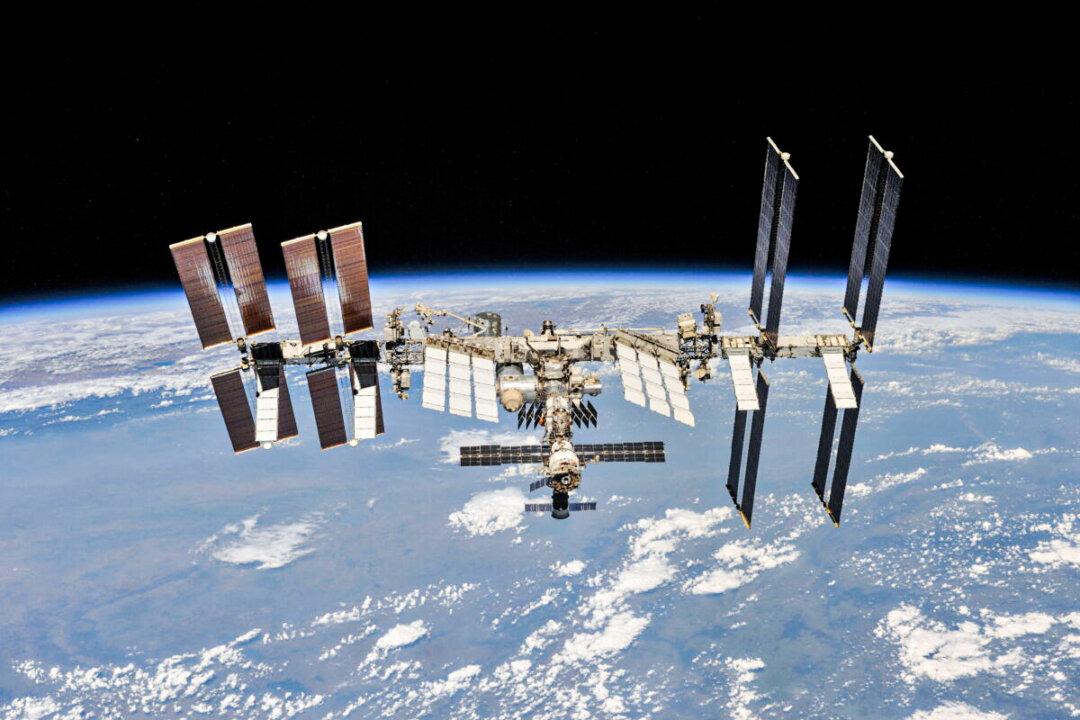The Japan Aerospace Exploration Agency (JAXA) has chosen a surgeon and a World Bank staffer from over 4,000 applicants to become its new astronaut candidates amid plans to join NASA’s Artemis lunar exploration mission.
The two candidates are Makoto Suwa, 46, a disaster prevention specialist at the World Bank, and Ayu Yoneda, 28, a surgeon at the Japanese Red Cross Medical Center, JAXA said on Tuesday.





